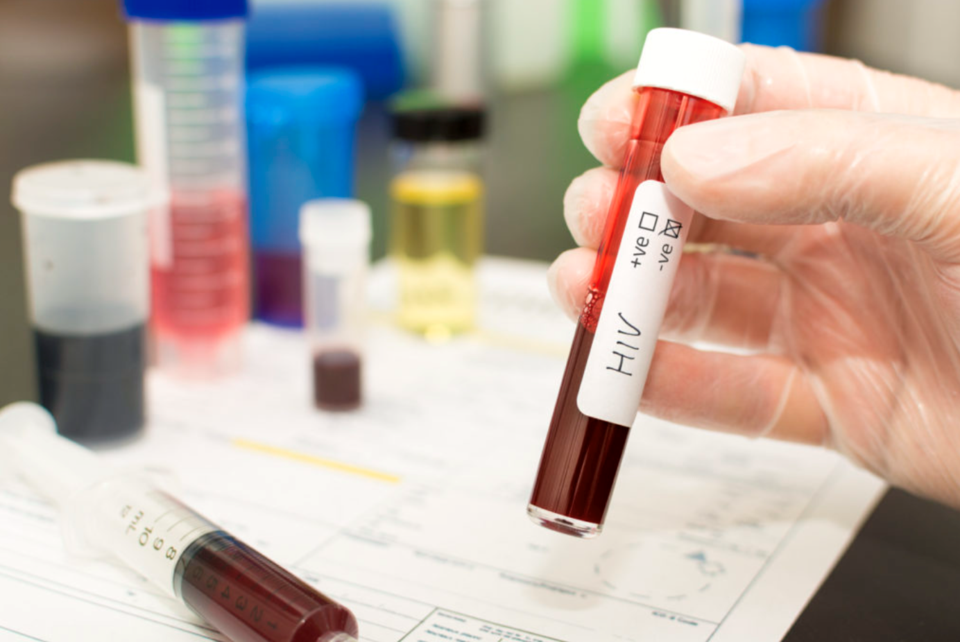Researchers at the University of British Columbia have found a reduction in access to HIV care and prevention services during early COVID-19 lockdowns resulted in an “uptick” in infection rates among people who inject drugs.
At the same time, HIV rates lowered among men who have sex with men as restrictions limited social interactions, researchers found.
“While lockdown measures reduced risk factors for some populations, other communities experienced pressures that greatly increased their risk,” said Dr. Jeffrey Joy, an assistant professor in UBC’s department of medicine and senior scientist at the BC Centre for Excellence in HIV/AIDS.
The study, published in the journal Lancet Regional Health - Americas, examined HIV transmission during B.C.’s initial COVID-19 lockdown, from March 22 to May 20, 2020, when public health measures reduced social interactions and curtailed access to critical health services. Certain drug users and "men who have sex with men" were identified for the study as the highest risk populations for HIV infection.
“HIV transmission amongst people who use drugs had been relatively stable, but there was a sudden spike in select groups during lockdown,” said Joy in a statement from the university.
When more restrictions were in place, the study found fewer people had started antiretroviral therapy or undertook viral load testing, the study found.
“These services are the frontline defense in the fight against HIV/AIDS. Many of them faced disruptions, closures, capacity limits and other challenges,” said co-author Rachel Miller.
“Maintaining access and engagement with HIV services is absolutely essential to preventing regression in epidemic control and unnecessary harm.”
In the face of another pandemic, Miller said health authorities need to consider “innovative targeted solutions” so the measures rolled out to fight one health crisis “don’t inadvertently exacerbate another.”



